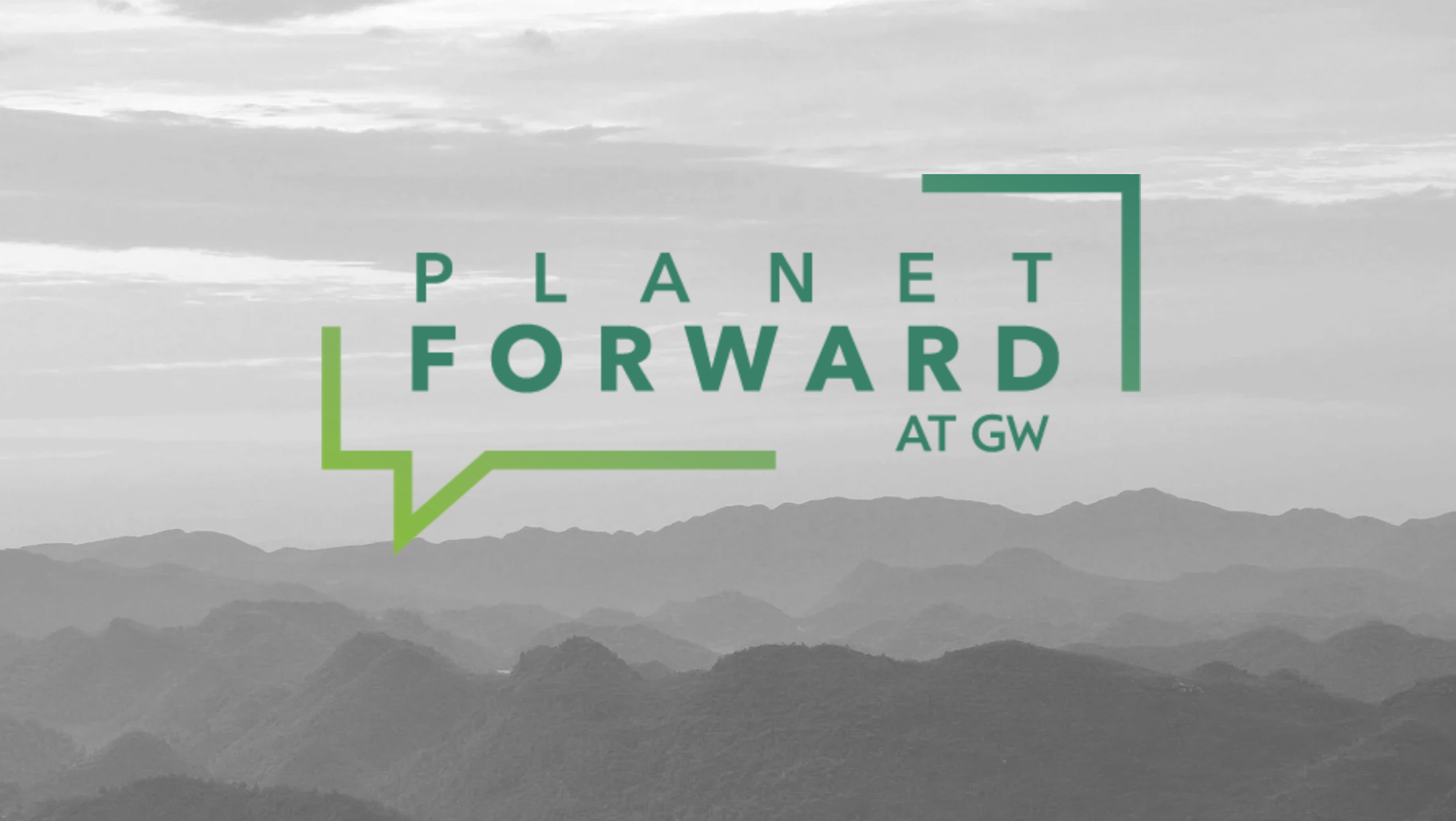
 ">
">

 ">
">
Over the last few weeks since the “Next Steps to A Climate Bill” presentation at George Washington University, the initial diagnosis of collective ADD (Attention-Deficit Disorder) on environmental action I proposed has…well, oscillated maddeningly as anyone who’s witnessed ADD in action knows. Yes, there are the rightful, cynical observations that the lead-up, occurrence, and fallout from the BP-Gulf Coast oil spill tragedy could have been alleviated, if not prevented, more consistently than it has been. Yet, while being a trademark symptom of what happens to a society focused on short-term energy & employment gains at the expense of long-term sustainability in economic and ecological terms, it is revelatory if nothing else. A reliance on fossil fuels for sustenance, from a few thousand or a few hundred miles away, bleeds out not only the longevity of Earth’s resilience, but of Earth itself.
This past week, however, suggests how uniquely placed we are not only in society, but daresay in history. As the feet-dragging initiatives for Gulf Coast remediation trickle down from the halls of Washington, D.C. to a historically neglected Louisiana and Gulf Coast region, a different set of initiatives altogether more immediate, restorative, and burgeoning were starting to take shape in Washington, D.C.
The 2010 Good Jobs, Green Jobs Conference, sponsored by the BlueGreen Alliance Foundation amongst a variety of public and private partners alike, alongside the perennial force of progressivism in America, labor unions, offered a looking glass of environmental action to the years and decades ahead. I’ll be the first to note that, yes, plastic lunch trays and excessive paper use for pamphlets and guidebooks might have curbed the sense of resource use awareness otherwise present. By and large, though, the mission to transition the ever-environmentally conflicted United States into a sustaining society and economy bringing together stakeholders for holistic environmental performances proved nothing short of striking.
Workshops ranged from evolving solar and wind renewable technologies to redefining public policy for renewable electricity standards to honing our educational systems for more cross-cutting, engaging youth involvement in conscientious movements of change came into play.
I never would have begun to appreciate sound policies from politicians (yes, there are aware politicians after all), from Mayor Michael Nutter’s Philadelphia LEED building initiatives to Governor Ed Rendell’s renewable energy standards for all Pennsylvanian energy operations to even a surprisingly sharp Senator John Kerry. To witness the change from the Democratic presidential candidate in 2004 who could barely utter words on clean energy transformations to someone who two days ago announced, “”We need to build consensus now, we need to drive ourselves on our resources for the long-term now.” Vague, somewhat, but to build consensus across the country- could the be THE key to starting the healing of our societal-economic-environmental complex of ADD(?)
As with other health conditions, this diagnosis will need to be monitored for some time to come. Yet, as with other non-lethal conditions, we also have at least one motivation to spur us along, should we choose to act accordingly: life itself. Life for us, life for the ecosphere, and life for Earth.
